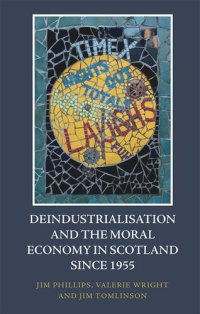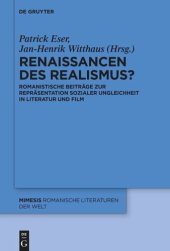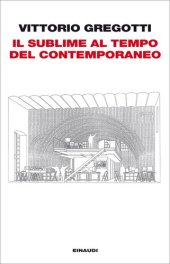
Ebook: Deindustrialisation and the Moral Economy in Scotland since 1955
Author: Jim Phillips, Valerie Wright, Jim Tomlinson
- Year: 2022
- Publisher: Edinburgh University Press
- Language: English
- pdf
Exploring the social, cultural and political implications of deindustrialisation in twentieth-century Scotland
- Examines deindustrialisation as long-running, phased and politicised process
- Draws on documentary source material from a range of industrial sectors, as well as transcripts from over 20 exclusive interviews with industry professionals
- Relates Scottish Home Rule to long-running debates about economic security and working class welfare
- Analyses longer history of deindustrialisation, with emergence of assembly goods manufacturing alongside shrinkage of established sectors such as shipbuilding
Deindustrialisation is the central feature of Scotland’s economic, social and political history since the 1950s, when employment levels peaked in the established sectors of coal, shipbuilding, metals and textiles, along with the railways and docks. This book moves analysis beyond outmoded tropes of economic decline and industrial catastrophe, and instead examines the political economy of deindustrialisation with a sharp eye on cultural and social dimensions that were not uniformly negative, as often assumed.
Viewing the long-term process of deindustrialisation through a moral economy framework, the book carefully reconstructs the impact of economic change on social class, gender relations and political allegiances, including a reawakened sense of Scottish national identity. In doing so, it reveals deindustrialisation as a more complex process than the customary body count of closures and job losses suggests, and demonstrates that socioeconomic change did not just happen, but was influenced by political agency.








